AI Boost? Why can Apple's market value reach $4 trillion?
![]() 10/22 2024
10/22 2024
![]() 631
631
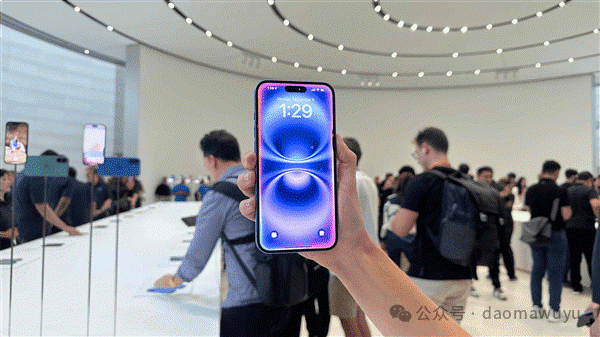
Recently, analysts at Wedbush Securities stated that Apple, NVIDIA, and Microsoft are gradually breaking through the $3 trillion market value threshold and heading towards $4 trillion. The analyst believes that Apple will be the first US company to reach a market value of $4 trillion, followed by NVIDIA and Microsoft.
It is evident that the analyst's conclusion is heavily reliant on the boost from AI. Furthermore, both Microsoft and NVIDIA have recently participated in OpenAI's latest funding round, whereas Apple has not. The market rationale is that during negotiations with OpenAI, Apple deemed the future investment return prospects uncertain and ultimately opted out. However, NVIDIA and Microsoft remained committed to the investment. Microsoft, in particular, has participated in multiple funding rounds for OpenAI, particularly during OpenAI's most challenging times, providing crucial support that contributed to the emergence of ChatGPT. It can be argued that the development of AIGC owes much to Microsoft's efforts and forward-thinking strategies.
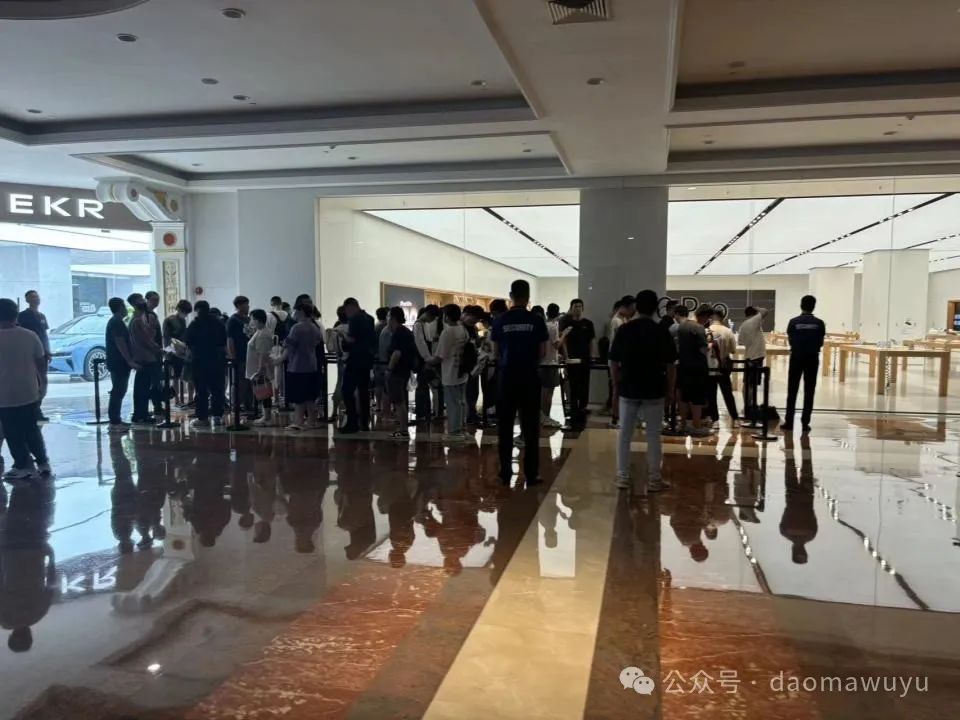
Apple is a latecomer to the game, with its Apple Intelligence initiative only taking shape after other smartphone manufacturers had already deeply integrated AI into their products. The integration of AI in smartphones began with Samsung, Huawei, and Chinese manufacturers, who were early and deeply involved. Several AI-powered smartphones have already hit the market, particularly in China, where AI applications on smartphones are thriving, and AI capabilities are becoming a key selling point for devices.
It was only after witnessing this emerging trend, particularly Huawei's strong comeback, that Apple realized the importance of AI. Consequently, Apple accelerated the development of Apple Intelligence. To narrow the gap with competitors, Apple has begun collaborating with OpenAI, planning to integrate technologies like ChatGPT and Sora into its Apple Intelligence platform. While Apple aims to build its own AI research and development capabilities, it currently lacks a technical edge over its competitors. This is evident in the fact that Apple Intelligence was not launched alongside the iPhone 16 series this fall, indicating a lack of prominent technological advancements.
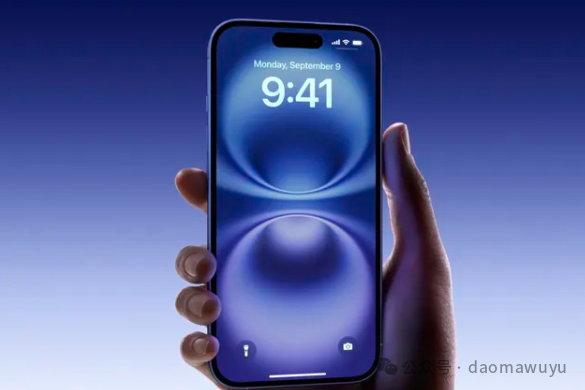
The analyst's projection that Apple's market value could reach $4 trillion is largely based on expectations for the adoption of AIGC applications. The anticipation is that AI-powered smartphones will spur a new wave of upgrades, which is the fundamental driver behind the analyst's optimism. According to the analyst, "Apple's AI-driven supercycle will commence with the iPhone 16 and kick off in the December quarter, when more Apple Intelligence features will be introduced. We believe that 20% of the global population will use AI through Apple devices. Over the next 3 to 6 months, Apple is poised for a historic year, with iPhone sales exceeding 240 million units."
This forecast is undoubtedly optimistic, envisioning that 20% of the global population will use Apple devices. However, it's important to note that numerous smartphone manufacturers offer AI capabilities, often with superior functionality. Why would consumers necessarily choose to purchase an Apple iPhone?
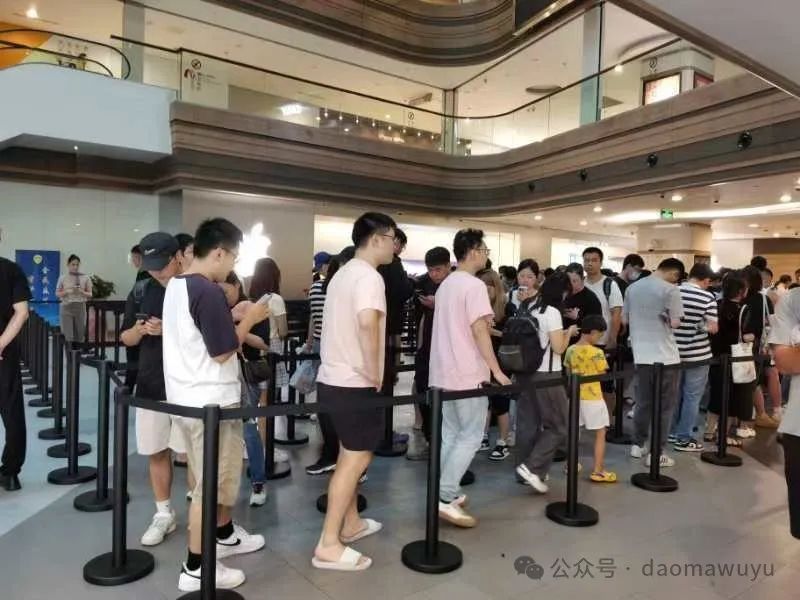
Moreover, renowned journalist Mark Gurman argues that Apple's real challenge lies in the fact that its initial AI features are not particularly impressive, with more significant capabilities set to be introduced in the coming months. The core initial feature is a notification summary, which, while potentially useful if implemented "accurately enough," lacks the appeal of competitors' offerings. Compared to the latest AI products from Google, OpenAI, and Meta, Apple's AI lags behind. Gurman cites internal research at Apple that reflects this, with sources indicating that OpenAI's ChatGPT is 25% more accurate in answering questions than Siri and can answer 30% more questions. "In fact, it is widely recognized within Apple that its generative AI technology lags at least two years behind industry leaders."
Wedbush Securities analysts believe that Apple will collaborate with Chinese AI companies to integrate more AI applications into its smartphones, aiming to compete with local manufacturers and drive sales growth in the Chinese market. However, given the advanced AI capabilities of Chinese smartphones, Apple's advantages may not be sufficient to disrupt the existing market landscape. With China's "Singles' Day" approaching, Apple is leveraging third-party e-commerce platforms to offer price concessions as a strategy to boost sales. Nevertheless, Chinese smartphone manufacturers have also adjusted their pricing, including Huawei, reflecting the intense competition in the market.
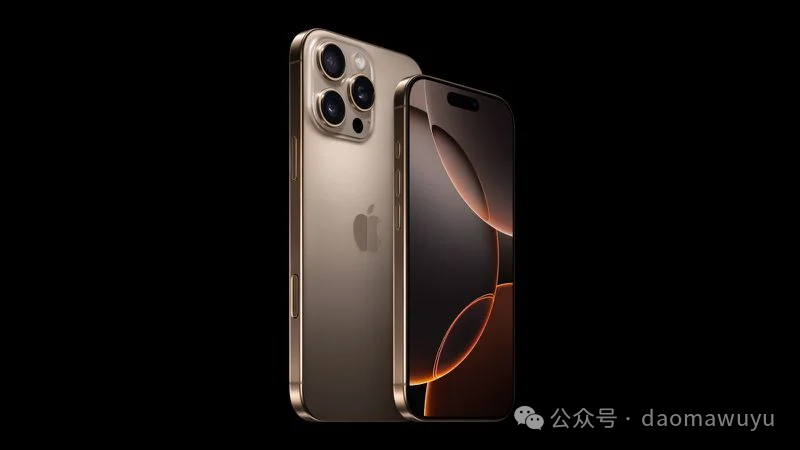
The analysts also contend that there are 300 million iPhones worldwide that are over four years old and in need of an upgrade, presenting an unprecedented opportunity for Apple. If these users opt to upgrade their devices, Apple stands to gain additional customers through increased iPhone sales, thereby driving market value growth. However, Gurman counters that while some analysts claim that Apple Intelligence has sparked an "AI consumer revolution" and will ignite holiday shopping frenzy, Apple still has a long way to go on its AI journey. If this year's new iPhone models prove successful, it may be more attributed to features other than AI.








